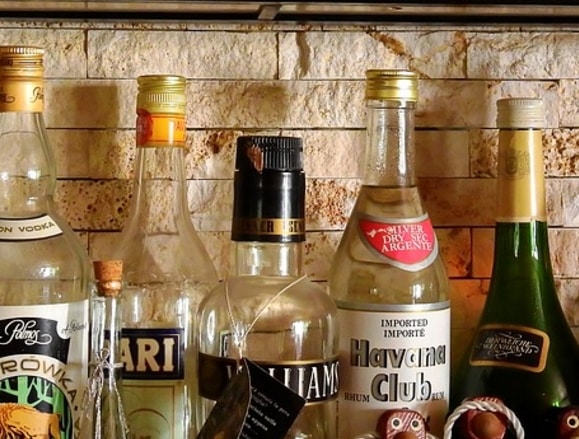Los Angeles, CA- Do strict underage drinking laws really have a positive impact on society? A recent study finds that strictly enforcing possession of alcohol under the legal age or PULA (also known as PAULA) laws on teenagers reduces the likelihood that they will engage in alcohol-related crime as adults.
This study was documented in the article “The Relationship between Underage Alcohol Possession and Future Criminal Behavior: An Empirical Analysis Using Age-Period Cohort Characteristics Models,” published in SAGE Open.
Authors Chris Barnum, Nick Richardson, and Robert J. Perfetti stated that policy makers have relied heavily upon the strict enforcement of zero-tolerance PULA laws to control the access of alcohol to juveniles. For example, in the state of Washington, minors who are caught possessing alcohol are charged with a misdemeanor and are forced to pay a fine of up to $5,000 with the possibility of going to jail for a year. Barnum, Richardson, and Perfetti set out to determine if the enforcement of laws such as these really is effective.
Using data of 15 to 24 year olds from the FBI’s Uniform Crime Reports from 1975 to 2006, the researchers found that teens who had been subjected to strict enforcement of PULA laws were arrested less frequently for vandalism and assaults as young adults than teens who had experienced more lenient enforcement of such laws.
“These findings have important potential implications for public policy,” wrote the authors, “If tough enforcement of underage drinking by 15 – 20 year olds has an enduring impact on behavior, then law enforcement’s efforts in imposing underage possession laws may be instrumental in reducing both adolescent and subsequent adult drinking and intoxication.”
Barnum, Richardson, and Perfetti claimed that a secondary benefit of widely enforcing PULA laws is that it shapes the attitudes and behaviors of the peers of those who are publicly arrested.
The authors wrote, “Young people who are caught and punished for underage possession are less likely to drink in the future than others, and the example of their punishment also serves as a disincentive for their peers.”
Source: SAGE Publications






